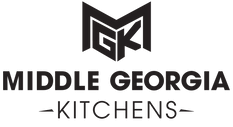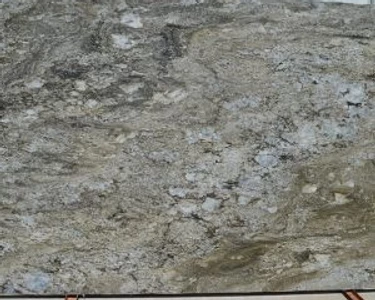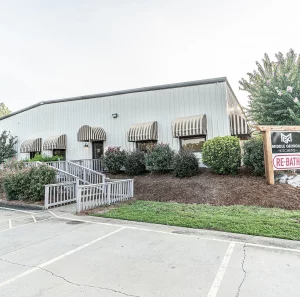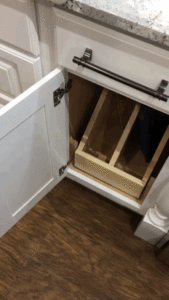What are the differences between quartz and granite counter tops? We get this question a lot and really it is a great question. Here are a few facts that will help distinguish the two.
Granite
Granite is a 100% natural product. The stone is mined, cut, and polished to become the slabs we use for counter tops. As a natural product, each slab is different. Different veining, different colors, and different patterns. Granite counter tops that have more Quartz in them are more durable. One of the topics that most often comes up about granite is the maintenance. Granite is a porous material so it needs to be sealed. This is a relatively simple process, but is required about once a year-at least. Granite can stain (sealing helps with this) and can hide bacteria in its small pits and fissures that are hard to see with
the naked eye. Granite by its very nature is a rock, so it is highly durable. This is not an extensive list but here are a few basic pros and cons:
Pros:
Unique patterns-no two slabs area alike
Mostly warm, earth tones. A few grays and whites can be found
Very hard and durable
Some granite styles are very economical
100% natural product
Cons:
Requires maintenance
Can stain, crack and break if a heavy object is dropped
Setting hot items directly on granite can cause granite to crack-especially if there is a weak spot in the stone. It is recommended to always set hot items on hot pads
Granite Examples
Quartz
Quartz is a very hard mineral and, “” is the most abundant mineral found on the Earth’s surface“
Mohs Hardness Scale, Quartz ranks a 7 out of 10 (with 10 being a Diamond) indicating that quartz is one of the top choices where heavy use and durability are required. Because of this, it makes an excellent counter top material. Quartz counter tops are simply made up of ground quartz pieces with a resin to hold them all together. Most quality quartz counters range from the high 80% to low 90% quartz content. Quartz as a counter top is an easy to clean, non-porous surface. Because of it’s durability and non-porous nature, quartz does not harbor bacteria and can be easily cleaned. Quartz, along with stainless steel, are the only counter materials suitable for a commercial kitchen. Quartz typically has anywhere from a 10 year to lifetime warranty from some makers. According to the
Pros:
Seemingly countless colors and patterns. Many styles resemble marble, thereby gaining the beauty of marble but avoiding all the maintenance.
Color is very consistent from slab to slab
Extremely hard and durable
Non-porous-doesn’t stain
Easy to clean
Cons:
Can get pricey
Corners can chip if struck with a heavy object
Resin can discolor if a very hot pan is placed and left directly on the surface. Always use hot pads to set hot items on.


















